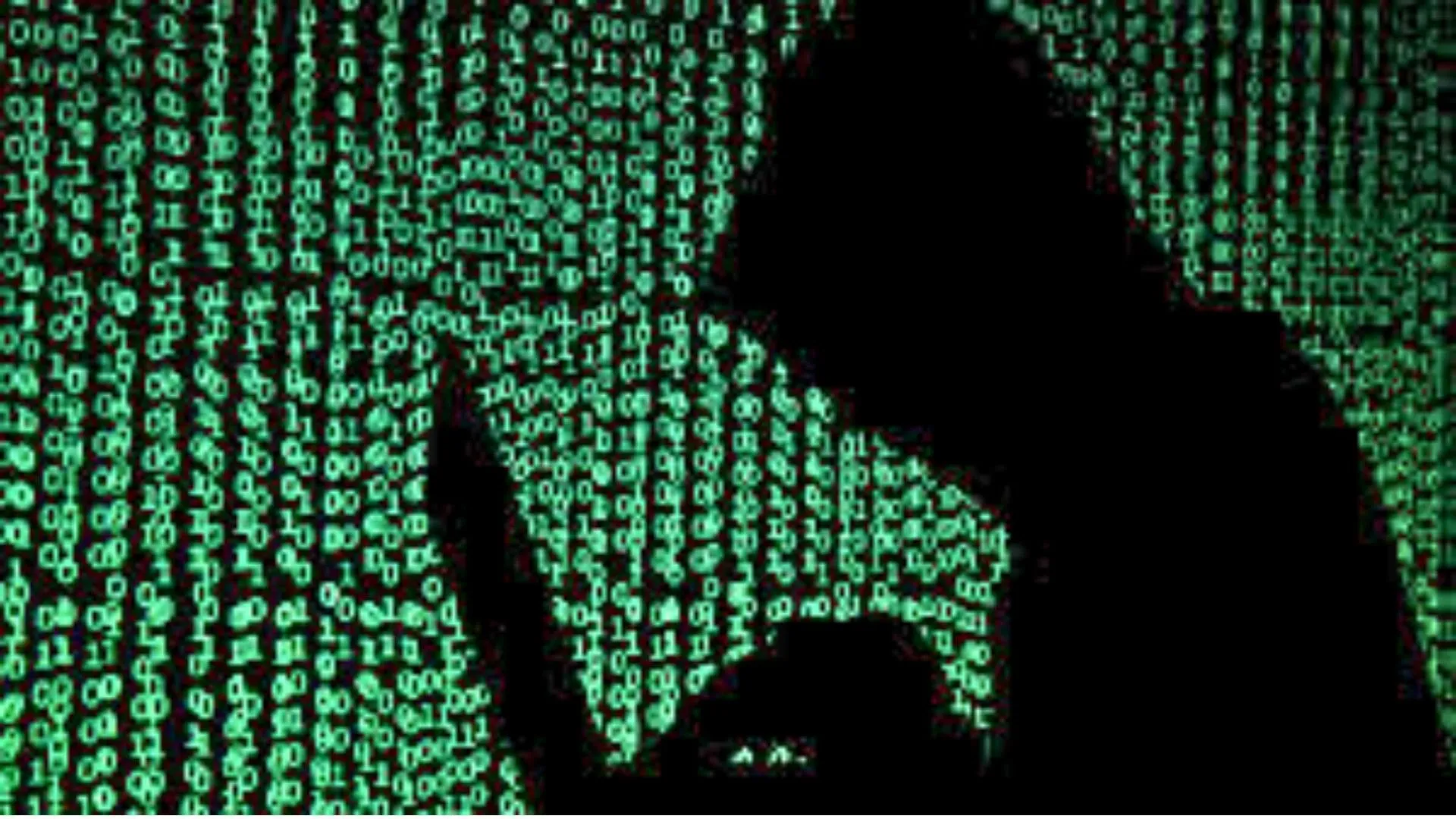China accused the United States National Security Agency (NSA) in plotting top-level cyberattacks during the Harbin Asian Winter Games at the beginning of February. According to them, the attacks focused on China’s strategic infrastructure and involved US agents as well as American universities. This marked sharp increase in the current cyber and trade tensions between the two superpowers.
NSA agents and US universities identified
Harbin municipal police quoted Xinhua in listing three NSA agents: Katheryn A. Wilson, Robert J. Snelling, and Stephen W. Johnson. Chinese authorities put them on the wanted list for allegedly breaking into China’s energy, transport, water, communications, and military research networks.
The public security bureau in Harbin, NE China’s Heilongjiang Province on Tuesday issued a wanted notice with a bounty for three agents from the US National Security Agency for their involvement in cyberattacks targeting the 9th Asian Winter Games held in the city in February. pic.twitter.com/Y8piAcCxrs
— Global Times (@globaltimesnews) April 15, 2025
China also cited the University of Virginia and Virginia Tech, although what their involvement was in the operation is not stated. The NSA agents are accused of having played a role in previous cyberattacks on Chinese telecommunications giant Huawei as well as other companies.
Windows backdoors and anonymous servers
The cyberattacks were said to reach a peak during the first ice hockey game on February 3. Chinese officials claim that the NSA used “pre-installed backdoors” in Microsoft Windows to infiltrate devices in Heilongjiang province.
To go undetected, the NSA allegedly bought IP addresses in foreign nations and leased servers in Europe and Asia. These efforts were meant to steal sensitive data, such as information about athletes and event registration systems.
Beijing strikesback in cyber narrative
The US has long blamed Chinese state-sponsored hackers for infiltrating US agencies and allies. Washington indicted Chinese hackers last month for hacking into the Defense Intelligence Agency and foreign ministries in Asia.
And now, China is fighting back. While Beijing never acknowledged foreign cyber spying, it has grown increasingly accusatory towards the US, blaming it for similar conduct. In the last month, China attributed two cyberattacks against technology companies to the US with the intent to pilfer trade secrets.
Cyber war escalates with each country accusing the other. These additional allegations against the NSA complicate trade tensions as well. Since both countries fight for technological world dominance, cybersecurity is rapidly evolving into the new great battleground for global diplomacy.























